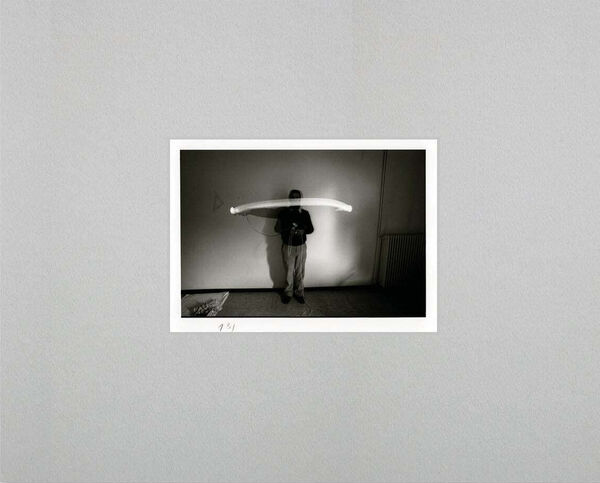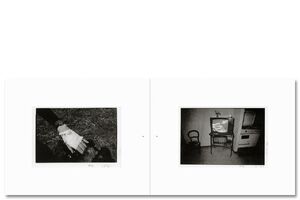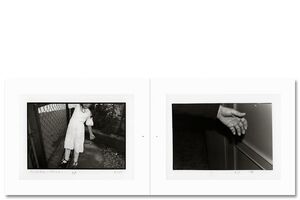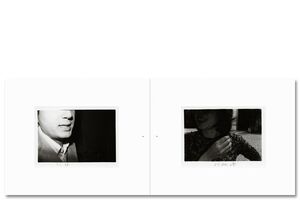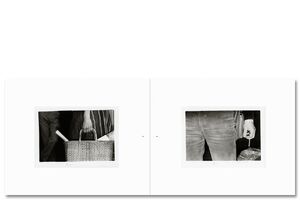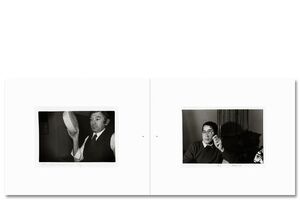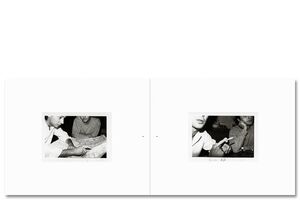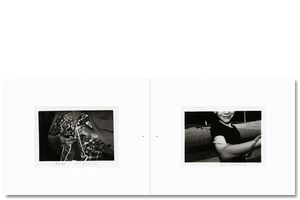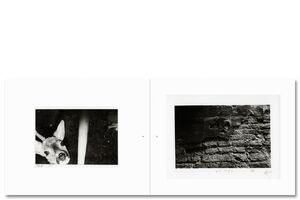Contact
art book cologne GmbH & Co. KG
Deutzer Freiheit 107
50679 Köln
Germany
Opening hours (office and showroom):
Monday to Friday 8 – 17
info@artbookcologne.de
Phone: +49 221 800 80 80
Fax: +49 221 800 80 82
About us
art book cologne, founded by Bernd Detsch in 1997, is a wholesale company and specializes in buying and selling high quality publications in art, art theory, architecture, design, photography, illustrated cultural history and all related subjects internationally. Our team includes specialists in art, culture, music, book trade and media but in spite of our diversity we have one common ground: the enthusiasm for unique art books.
We purchase remaining stocks from museums, publishers and art institutions. We sell these remainders to bookstores, museum shops, and art dealers all over the world.
Guido Guidi – Di sguincio
| Dealer Info | Trade discount 1 cpy. 30% | 2-3 cps. 35% | 4+ cps. 40% |
| Publisher | MACK Books |
| Year | 2023 |
| Cover | Hardcover |
| Language | English |
| Note | This signed edition includes an extra image plate signed by Guido Guidi on the inside back cover |
| ISBN | 978-1-915743-01-5 |
| Pages | 144 |
| Weight | 1200 g |
| More | |
| Author(s) | Guido, Guidi |
| Article ID | art-59140 |
Di sguincio – meaning aslant, asquint, or seen from the corner of an eye – brings together more than a hundred black-and-white photographs made by Guido Guidi with small-format cameras between 1969 and 1981. These images record experimental early dialogues between Guidi and his camera: made without looking through the viewfinder and lit with a bright flash, they capture people, bodies, gestures, minor events, and fragments of space in moments of sudden and even abrasive encounter. While formally stark and even verging on the abstract, they document people and places close at hand – his family home in Cesena; friends with whom he shared an apartment in Treviso; colleagues at the Institute of Architecture at the University of Venice – forming affectionate personal works which explore the performative tension at the heart of images.
This book reproduces Guidi’s own prints from the period, with their high contrast, unusual blurring and definition, and oblique, occasionally indiscernible handwritten annotations. Evoking the joys of invention and collaboration early in an artistic career, these fragments equally reflect the psychological, social, and political turmoil of Italy in an era of crisis and contestation of social values, metabolising the influences of neorealism and postmodernism in the search for new forms. The fundamental photographic theme of time – as it is recorded, experienced, and manipulated – is their elusive constant. With Di sguincio, we discover a set of anti-documents or anachronistic records – stamped, annotated, and sometimes artificially aged – which comment wryly on photography’s claims to truth and reveal the foundations of a lifelong engagement with the possibilities of the medium.

